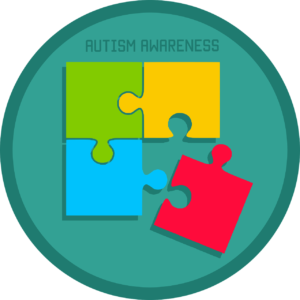Aspergers Syndrome in many kids remains unattended even when they reach their adulthood. However, adult aspies can somewhat manage their idiosyncrasies with the passing years as they are able to develop skills to cope up their shortcomings.
How to Identify an Aspergers Adult?
An aspie adult would be:
- Uneasy in a social gathering
- Short of social manners
- Short-tempered
- Cold and detached
- Deficient in listening to a fellow speaker
- Thinking in a rigid manner
- Following repetitive actions or tasks
- Peeved and stressed when there is change of routine
…However, many aspie individuals think visually, get involved in a particular topic, possess a flair in a particular skill, and display high intelligence.
How an Adult Aspie Manages in Life:
- He takes part in programs to learn social skills, social cues, puns, and taunts.
- Friends, colleagues, and well-wishers encourage him to join groups.
- He develops skills that he is capable of doing well.
If you see someone who is boorish, cold, and egoist don’t shun him for his ill manners. He could easily be an aspie guy, who does not have adequate expression to show his feelings or he may not be able to connect your social gestures. The reason for such lack of tact is that Aspergers think differently as the brain perceives external stimuli in an unusual manner.
Job Prospects
It is incredible to note that many adults are well established in their career. Many settle down with kids. A perfect job profile for Aspergers person would be to:
- Perform a focused job that requires attention to details.
- Work in a technology or scientific research and development project.
- Complete repetitive assignments.
It is essential to focus on congenital talent of the person, nurture it with dedication and keep in mind the cognitive and social impairments. Once done, the weaknesses would be easy to handle.



